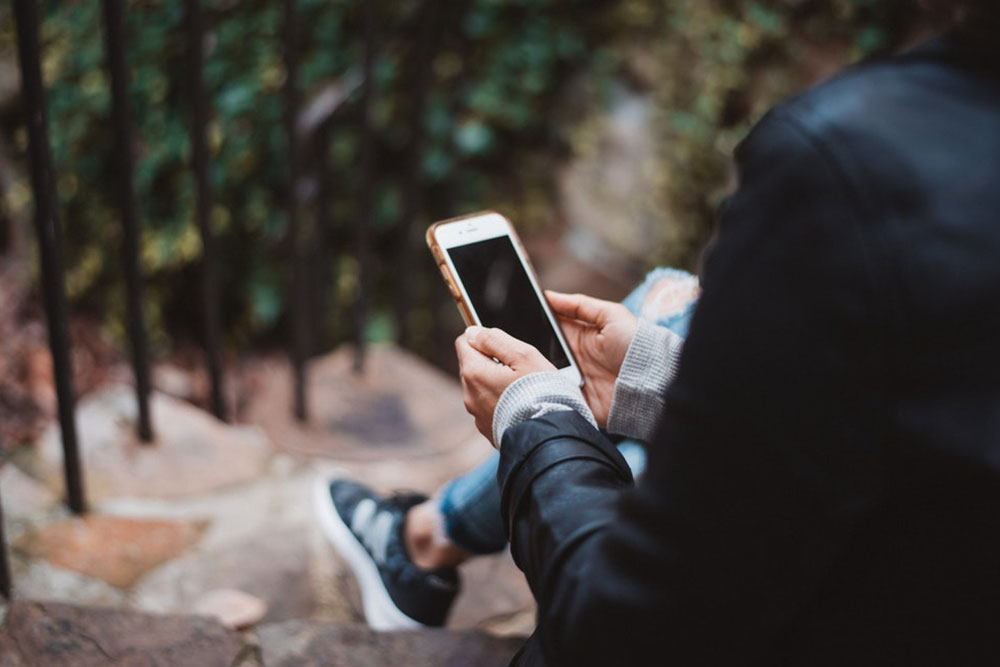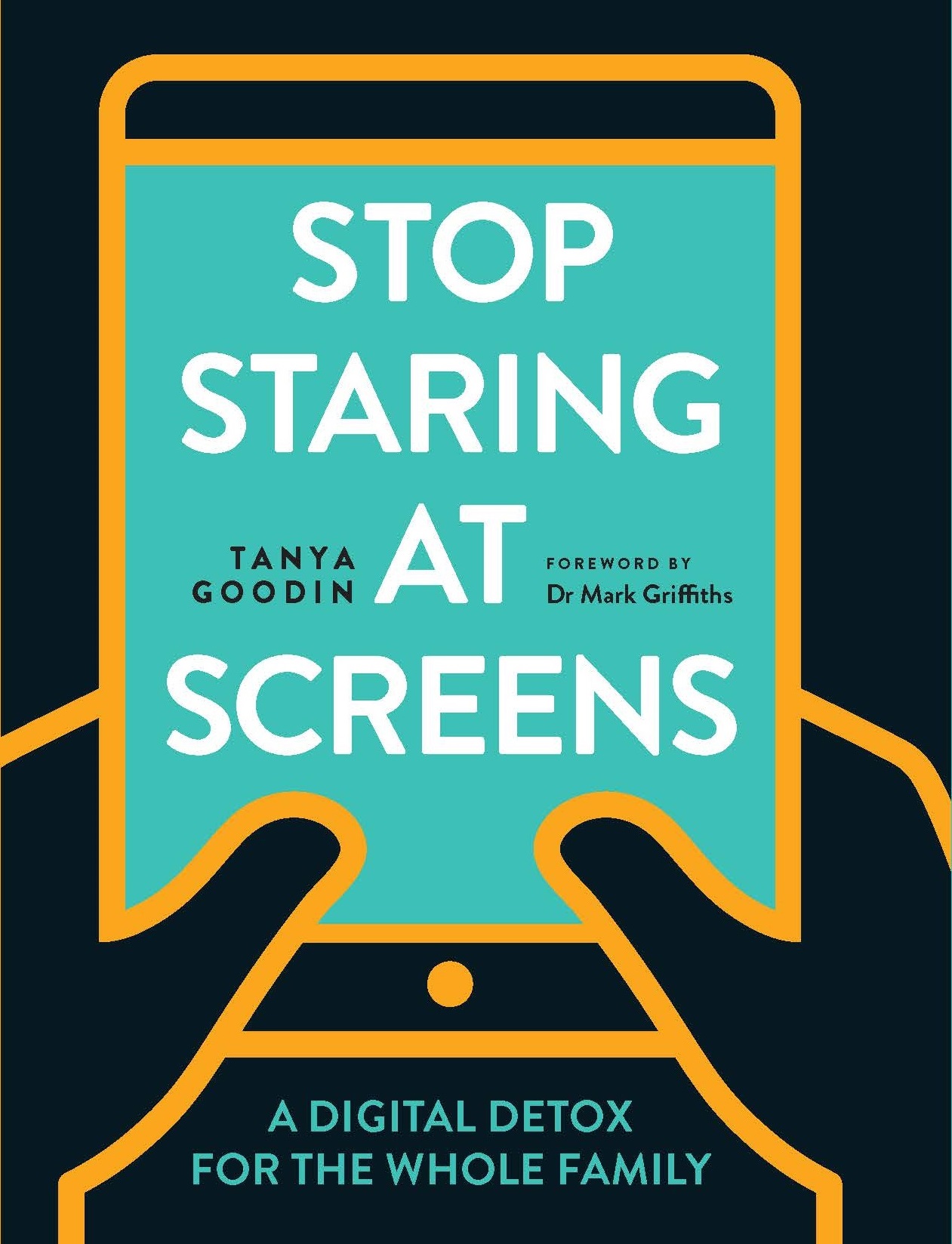7 ways to spend less time on your smartphone

In a world where we’re spending more time on screens than sleeping, it’s easy to feel overwhelmed by the digital deluge. While technology offers incredible benefits – such as meditation apps and digital productivity tools – many of us find ourselves lost in endless social media scrolls that don’t add much value to our lives.
To help you regain control over your time and improve your overall wellbeing, here are seven practical tips to reduce smartphone use and make the most of your day.
- Boot social media off your phone Deleting social media apps from your smartphone can significantly reduce your screen time. A study by Ofcom revealed that, in the UK, adults spend an average of 2 hours and 15 minutes per day on social media platforms. By removing these apps, you’ll be less tempted to engage in mindless scrolling. If the idea of a complete removal feels too drastic, start by placing social media apps into a folder and moving it to a less accessible screen. This small change can make a big difference. Try uninstalling just one app for a few days and observe how much time you free up.
- Ban your smartphone from your desk Research from Harvard University shows that even the mere presence of a smartphone can be a distraction, impacting your cognitive abilities. In fact, a study published in Journal of Experimental Psychology found that having your phone within reach can reduce your cognitive capacity by up to 10%. To maximise your focus, keep your smartphone in a drawer or a different room while working. This simple step can help you concentrate better and be more productive.
- Unfollow the time wasters Your social media feeds can significantly affect your mood and productivity. A survey by the UK mental health charity Mind found that 60% of people felt social media made them feel more anxious. Regularly review your social media accounts and unfollow those that don’t contribute positively to your life. Focus on following accounts that inspire, educate, or uplift you. This curation process will help ensure that your online time is spent more meaningfully.
- Keep evenings screen-free Excessive screen time, especially before bed, can negatively impact your sleep quality. According to the Sleep Foundation, blue light emitted by screens can interfere with your circadian rhythm, making it harder to fall asleep. Establish a screen-free zone in the evening by logging out of social media, work emails, and messaging apps by 8pm. Use this time to unwind with activities that promote relaxation, such as reading a book or enjoying a hobby.
- Send less emails The average worker spends about 28% of their workday managing emails, according to a study by McKinsey. To cut down on email overload, be selective about the messages you send and avoid participating in unnecessary email chains. Setting boundaries around email communication, especially during weekends and holidays, can help reduce the pressure and improve work-life balance. Encourage colleagues to call for urgent matters instead of relying on email.
- Reclaim the bathroom A staggering 62% of people check their phones while in the bathroom, according to a study by the British Psychological Society. Instead of scrolling through social media during bathroom breaks, leave your phone outside and use this time for reflection or simply to disconnect. Reclaiming this time can add up to an hour of distraction-free moments each day.
- Set up digital detox pPeriods Implementing structured digital detox periods can significantly reduce screen time. Designate specific times during the day or week where you completely disconnect from your smartphone. For example, try a 24-hour digital detox every weekend. Research from the University of Pennsylvania suggests that even short-term breaks from digital devices can enhance mental wellbeing and increase productivity. Use these detox periods to engage in activities that foster creativity and personal growth.
Alternative activities to boost wellbeing
By spending less time on screens, you can redirect your focus towards activities that improve mental health and well-being. Here are three ideas to fill the time:
- Establish a Morning Routine: Start your day with activities that set a positive tone, such as a brief workout, meditation, or reading. According to a study by the University of Toronto, having a structured morning routine can increase your overall productivity and mental clarity throughout the day.
- Take Up Journaling: Journaling helps clarify your thoughts and set goals. Research published in Psychological Science found that writing about your goals and accomplishments can enhance emotional well-being and reduce stress. Keep a notebook by your bedside to jot down reflections and gratitude before sleep.
- Try Meditation: Incorporating a 15-minute meditation session into your daily routine can greatly benefit your mental health. Studies from the National Center for Complementary and Integrative Health have shown that regular meditation can reduce stress, improve focus, and enhance overall mood. Commit to a 14-day meditation challenge and observe the positive changes in your life.
By implementing these strategies, you can regain control over your time and make space for activities that truly enrich your life.
Tanya Goodin is founder of digital detox movement Time To Log Off and author of Stop Staring at Screens













